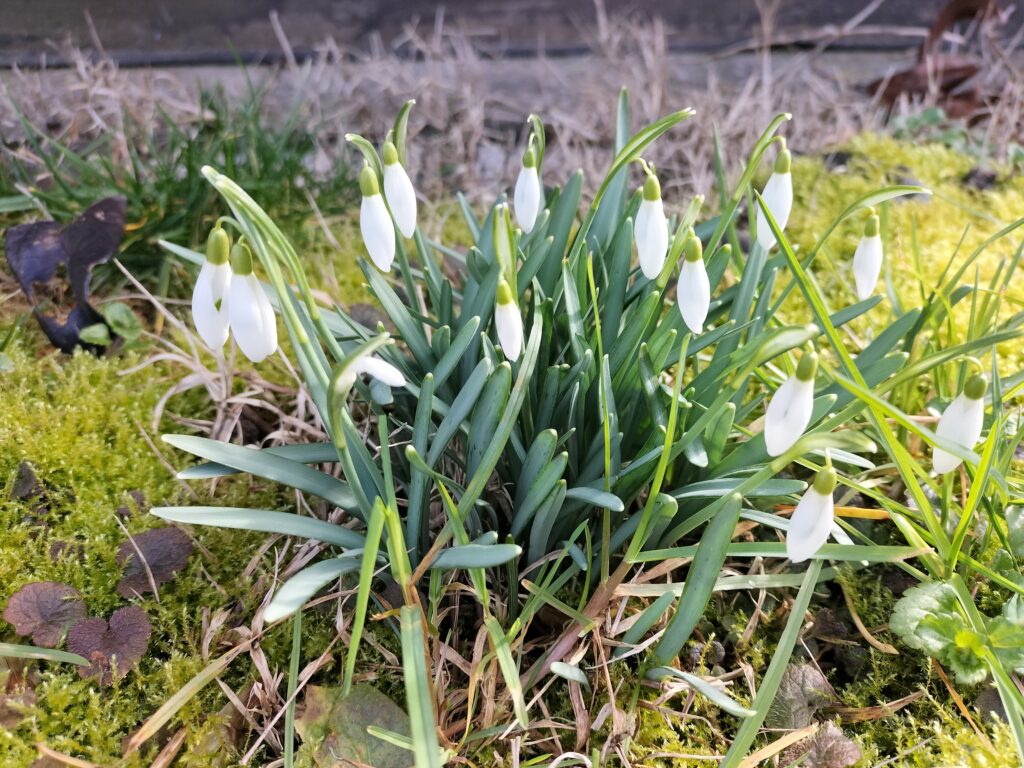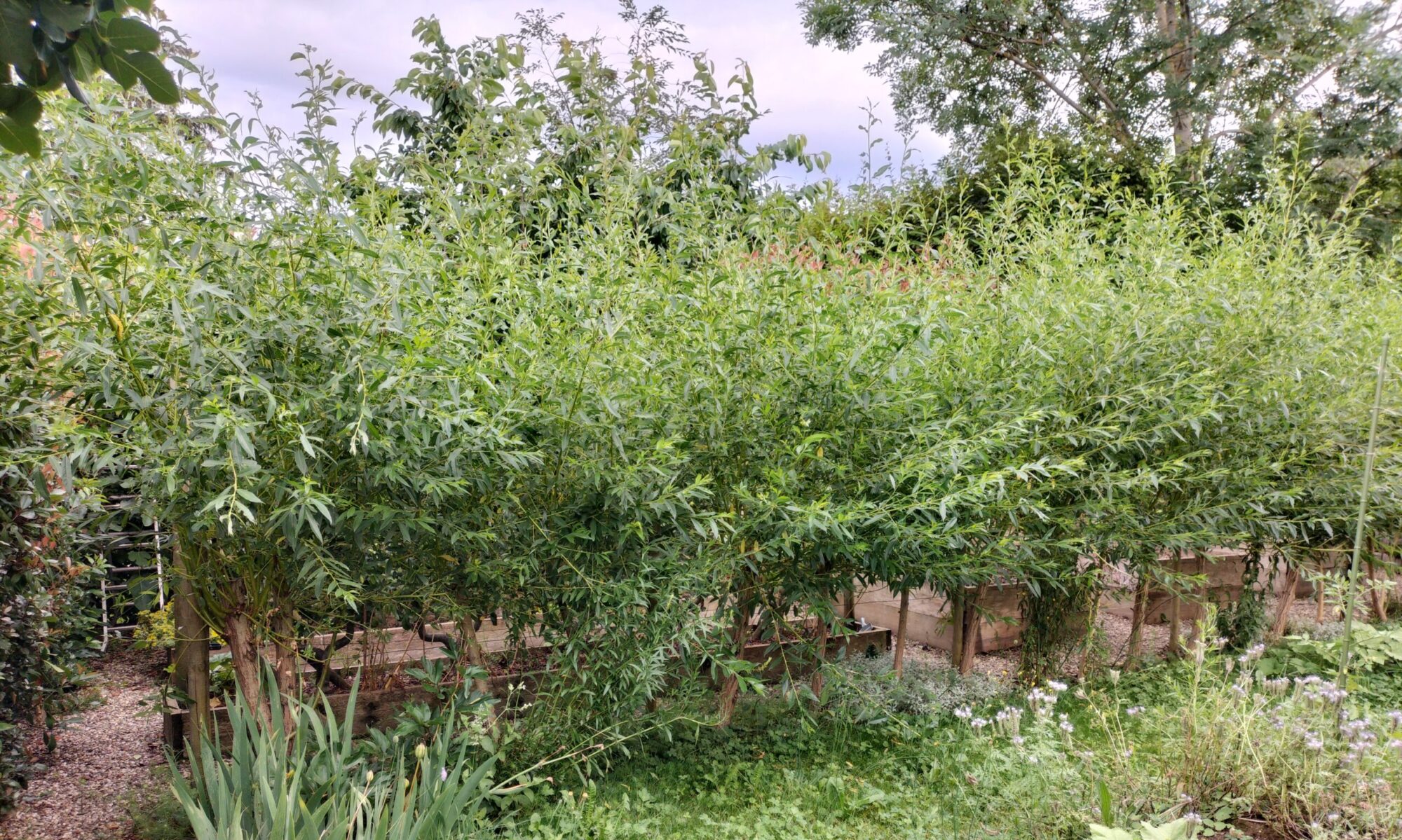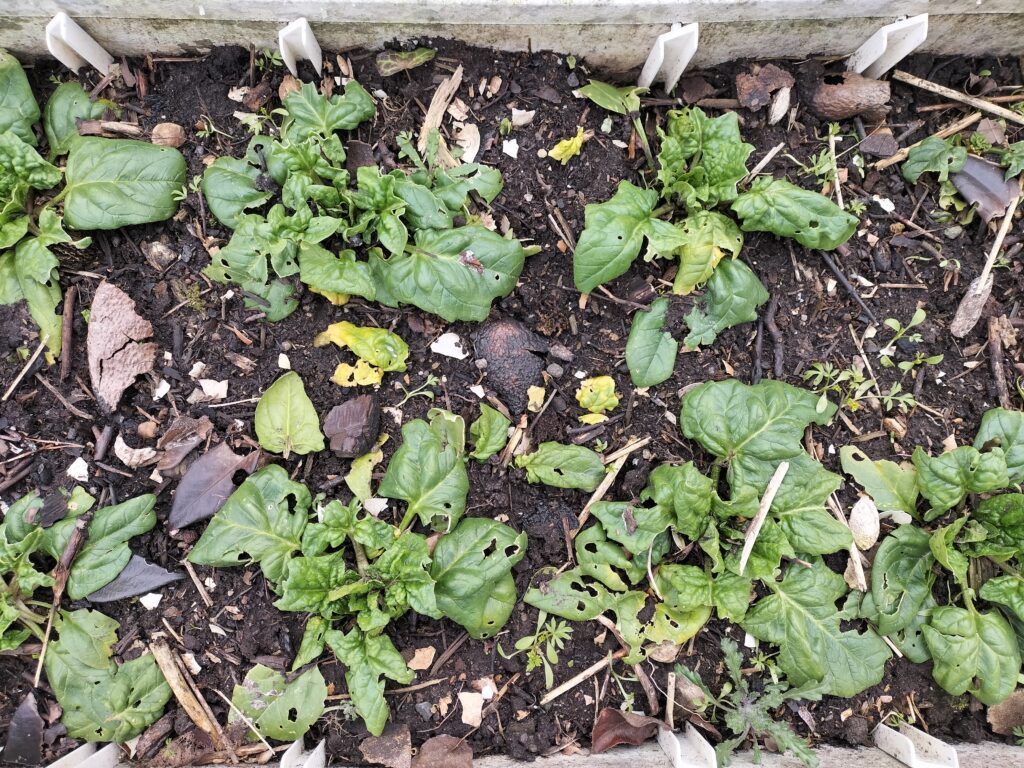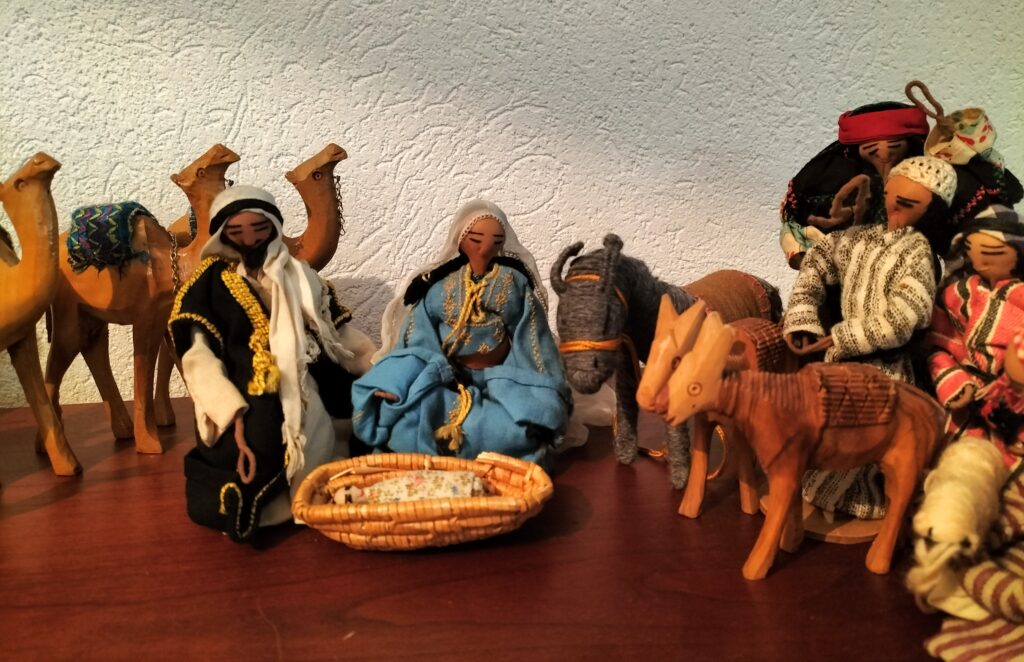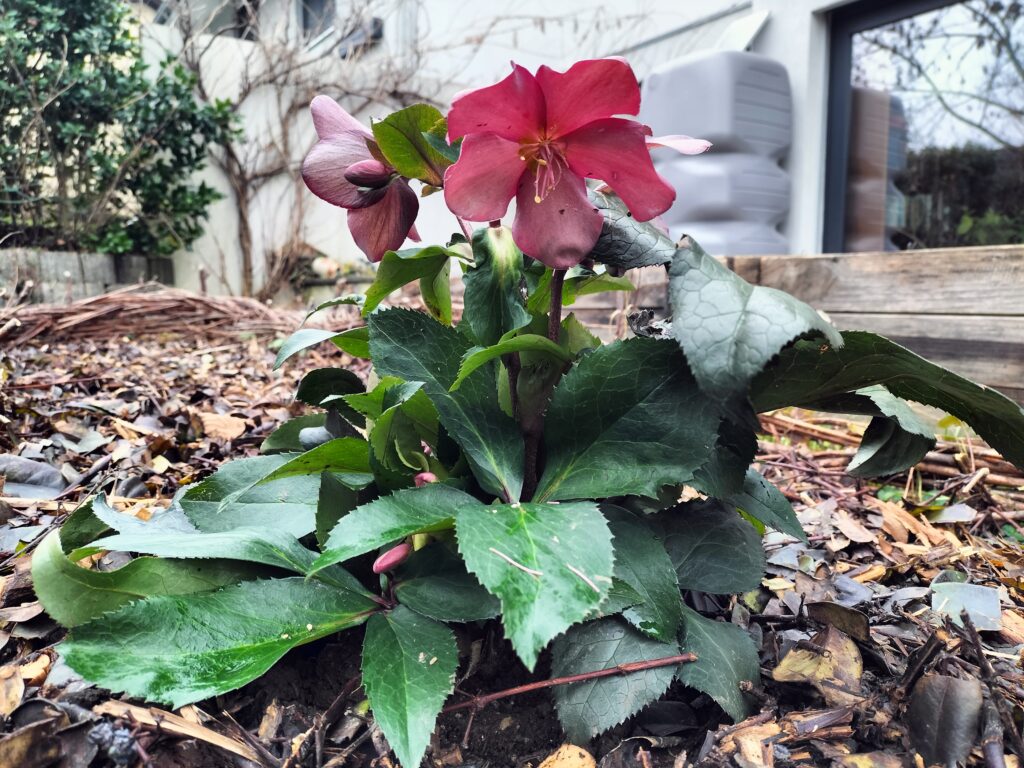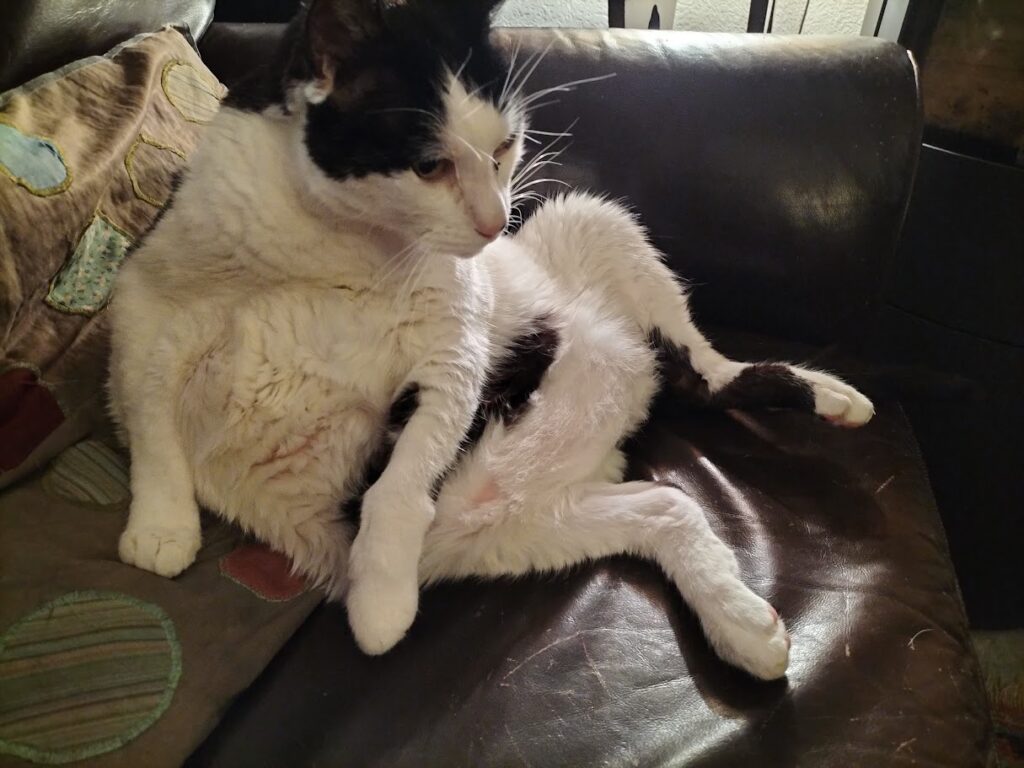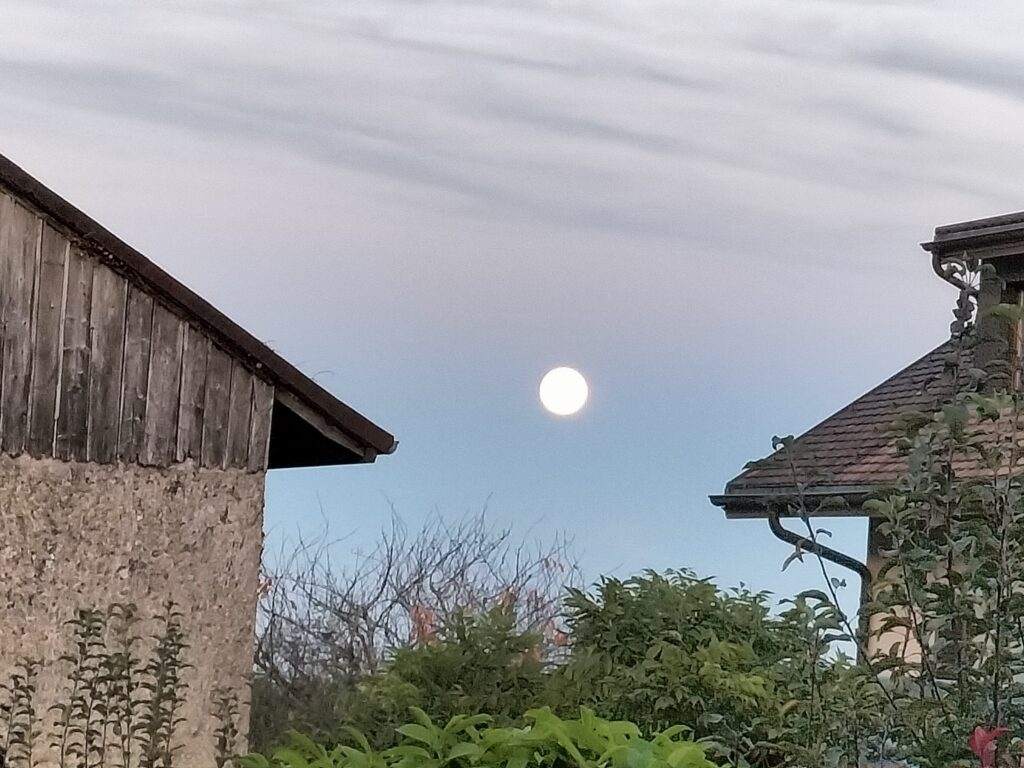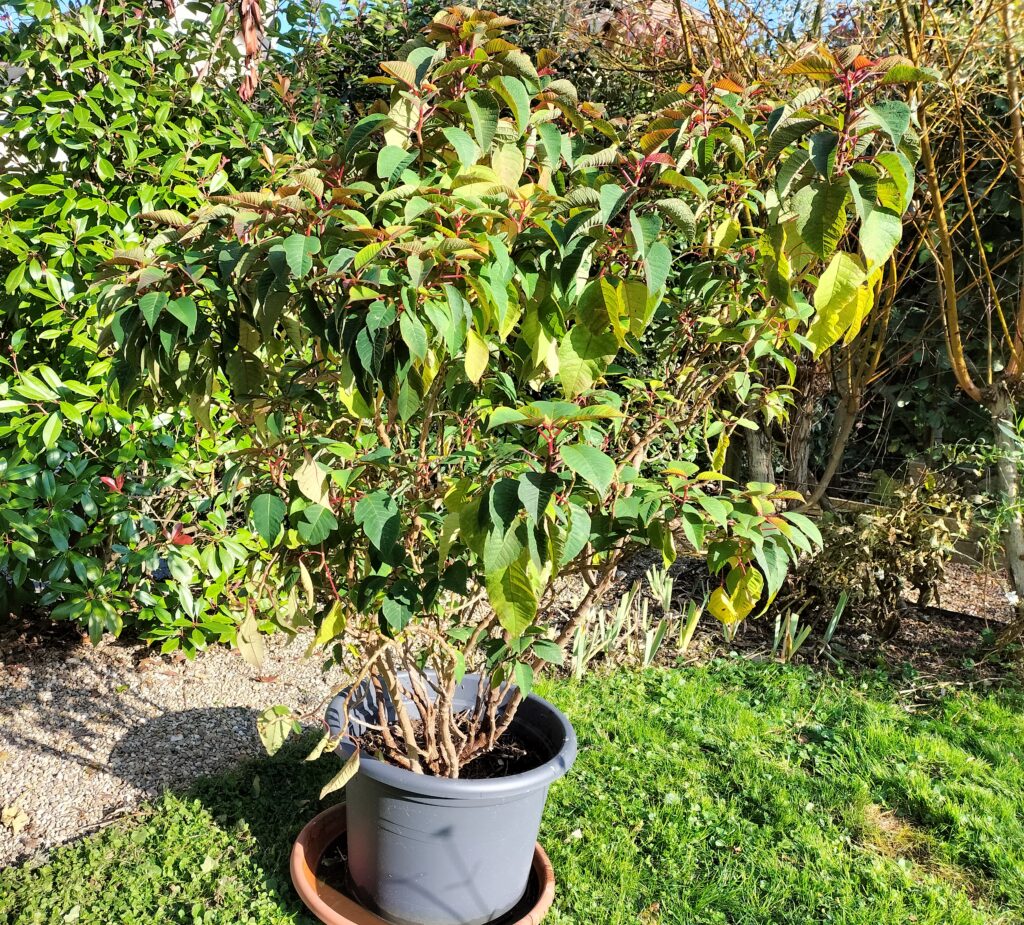This is a reflection on Jeremiah 23.1-6; Psalm 46; Colossians 1.11-20; and Luke 23.33-43
Have you ever had the experience of a holiday not quite living up to your expectations? We once took a family trip to Vietnam. The idea was to teach English to children in an orphanage, as a way to try and justify a week spent visiting temples in Cambodia. We had great expectations of the holiday. As well as enjoying seeing somewhere new, we expected that the family would bond over doing something worthwhile together and that the experience would help the children to appreciate their own lives in Switzerland a little more. We wrote lesson plans, packed the suncream, and prepared ourselves as best we could. The reality on the ground, however, did not remotely meet our expectations. I don’t think the orphans learnt much English; before long one of my own children refused to participate, and, as well as genuinely fearing for our lives at various points, we all got sick. Reflecting back on the holiday, while our expectations were not met and on one level it was a disaster, it has given us a store of family anecdotes and was a good way to experience a lower income country far from resorts and hotels with stars. When I asked my son last week how it had benefitted him, he said ‘you can never progress in life unless you undergo intense suffering’.
Today we are celebrating ‘Christ the King,’ and our lectionary readings follow this pattern of high expectations that are then not met, followed by an interpretation that provides meaning.
We start with Psalm 46, which paints a picture of a God who is almighty, all powerful, whose voice can make the earth melt, who brings desolations on the earth, but who also makes wars cease. A God who is exalted among the nations and in the earth. This is a powerful God, who is actively and very obviously involved in the affairs of human beings. Then we had the passage from Jeremiah, which promises restoration of the nation of Israel and kings who are good shepherds, under whose rule the people will live in security, peace and comfort.
In putting these two texts together, we build up an expectation of a powerful God who is in control of history, who will act decisively and obviously to restore his people, and who will raise up kings to lead the people into a place of peace and safety. Isn’t this what we all want, for ourselves and for our world? A powerful God who acts to right wrongs, end wars and generally fix things?
Layered on top of this, with the imagery of Jesus the good shepherd, we can’t help but give these verses a further, messianic interpretation – that it is King Jesus who will powerfully restore his people and lead them to a place of fruitfulness, comfort and peace.
In Luke’s account of the crucifixion, however, expectations collide violently with reality. Despite his humble beginnings, Jesus had shown his power in healings and miracles. The crowds had come to believe that he was their messiah, and they, as well as the disciples, believed that as the messiah, the ‘annointed one’, he would take his rightful place as King of the Jews. Yet instead of a show of force, of the voice-melting-the-earth variety, he entered Jerusalem on a humble donkey. Instead of breaking bows and shattering spears, he allowed himself to be pierced and wounded. The nation of Israel was not restored under a reign of prosperity and peace on his watch, and the ambiguous sign placed over the cross – the king of the Jews – begs the question about what this kingship really means. At face value, expectations were not met and it is easy to understand the crowds’ angry response to the captured Jesus who failed to stand up to the Roman oppressors. They were deeply disappointed in a man who had demonstrated the potential for enormous power but failed to use it according to their expectations.
We come to our final passage from the letter to the Colossians to try and find some sort of meaning in all this, to see things from a divine perspective. And here it might help to make the distinction between the expectations put upon Jesus as King of the Jews and the concept of Christ the king – the theme of our service today.
For a King of the Jews, crucifixion was a total failure, while for Christ the King, it is understood as a history-defining moment in which God reconciled to himself all things, on earth and in heaven, by making peace through the blood of his cross. This takes apparent total failure and reinterprets it as ultimate success.
This limited human being, Jesus, is described as the image of the invisible God. What could be seen by human eyes had a more profound meaning that can only be seen by the eyes of faith. Jesus had no intention of going along with human expectations that would limit him to being the King of the Jews. As Christ the king he had cosmic significance encompassing the very creation of all things, visible and invisible, being before all things and holding all things together.
But is this just a form of denial, trying to put a positive spin on a disastrous turn of events? I actually think it’s quite the opposite, this contrast between the images of the crucified and cosmic Christ helps us to engage with the terrible reality and then push through it to find a deeper meaning. Believing in the cosmic Christ does not detract from the horror of the cross, which we remember regularly through our liturgy and worship.
So what does all this mean for us here and now, with our disappointments, confusion and fears for the future? We were led to expect that our children and grandchildren would lead the relatively safe, comfortable lives that we have been living. But this seems less and less likely with every passing day. You don’t need me to list the poly-crises affecting our societies and the broader environment. How can we find meaning in all this? The systems that have allowed us to enjoy so much prosperity have also driven many other people deeper into poverty and have caused terrible damage to the natural world. It is probably a necessary thing that such systems fall apart.
Humanity has known enormous change throughout the millennia, and while the changes facing us now are arguably of a different scale entirely, in Christ we can trust that God has even this time of unravelling in his hands. The letter to the Colossians tells us that in Christ all things were created, that they were created through him and for him. While the world sustains and nurtures us and the rest of the beings on this planet, it, and the rest of the universe, were created through and for Christ. There is a bigger picture here that transcends the crises we in our fallenness are bringing upon ourselves and our planet in this time.
We also read that Christ himself is before all things, and that in him all things hold together. Again, there is this sense that all creation has its origin in the heart of God and is still held there. We are then reminded of the cross, that place of God’s ultimate identification with our pain and suffering that is also the place of ultimate reconciliation between God and even the very worst that humanity has to offer.
And so while we want a God who fixes our problems, what we get is a God who prefers to show vulnerability and who refuses to use power to dominate and control. A God who gives us a genuine opportunity for repentance and transformation.
While we want a happy ending in the here and now, God let his body be destroyed, knowing that something deeper would come of it.
While we want concrete hope, Christ calls us, his disciples, to participate in the healing of our world without any guarantees that our efforts to care for the environment, work for peace or any number of other good intentions will have any lasting impact to life on planet earth… but, we make these efforts because Christ calls us to. We do what we can for the sake of His kingdom, and then leave it God to give our efforts ultimate meaning.
And in our own lives, when our expectations are dashed and we start to feel overwhelmed by circumstances, I invite us to remember this passage from Colossians and to ask this invisible God to help us know deep within us that He is holding all things together. May we entrust our lives and the life of all beings on this planet into this divine embrace that spans all of time and all of space, knowing that in Christ God has made peace with all things, on earth and in heaven, by the blood of his cross.
